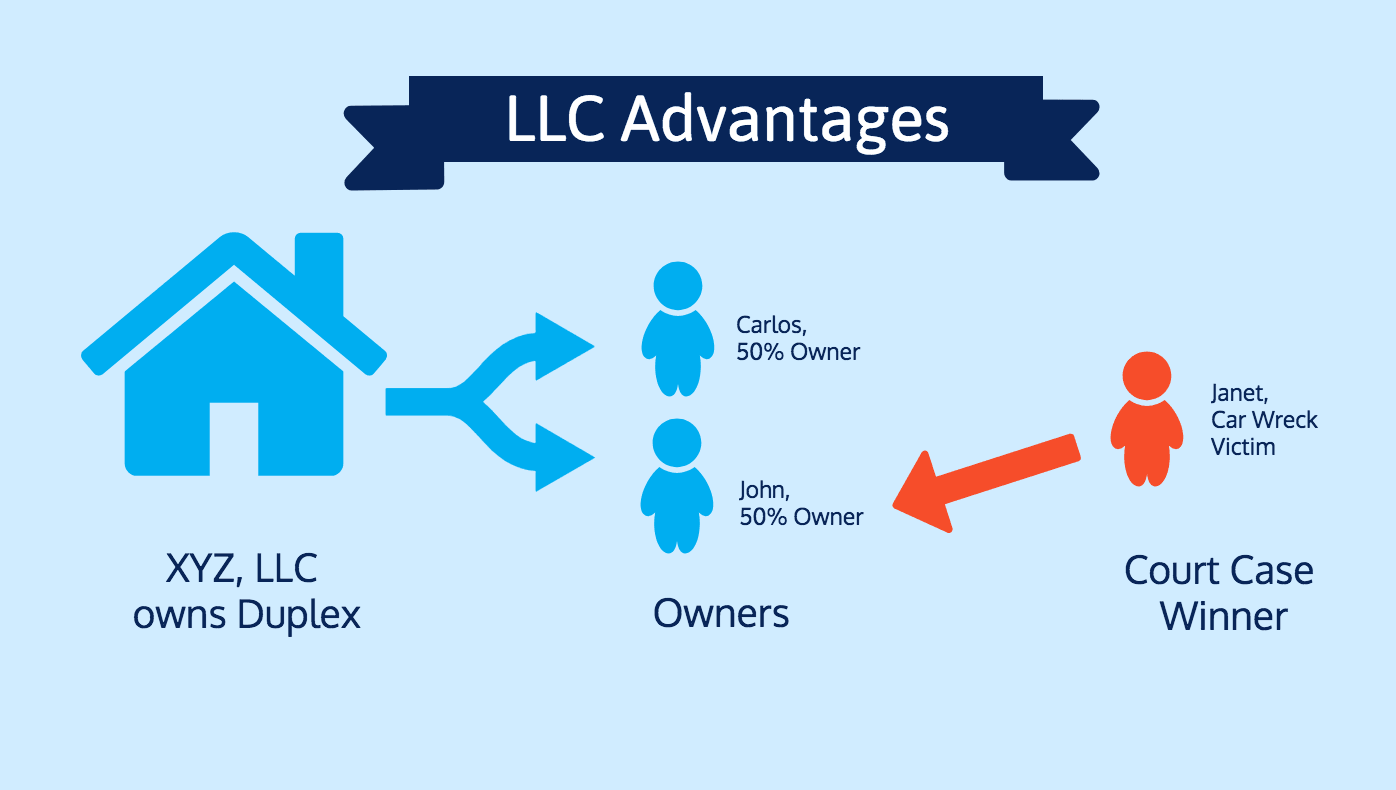It doesn’t matter whether you’re a seasoned corporate marketer or a small business owner dipping their toes into the murky waters of advertising – marketing jargon can get confusing.
Between the various initialisms, acronyms, and abbreviations, it’s hard to keep up with the latest terminology, especially if definitional goalposts keep shifting.
That’s why We’ve decided to break down the difference between mottos, taglines, and slogans. They’re used interchangeably, but they actually have different meanings and play different roles in your brand.
Motto A very short/medium statement. A motto outline a guiding principle, a point-of-view, a core belief, a purpose, a cause, a vision, or an ideological, religious, philosophical combination. In most cases a good motto articulate “what the company stands for”.
A tagline is usually more about the business itself and should stand the test of time. A slogan is usually more about the product or service, is more flexible, and is often utilized in advertising campaigns. Larger companies will usually have one tagline (Apple: Think Different) and many slogans (iPhone SE: A big step for small).
Tagline examples:
- KFC’s “Finger Lickin’ Good”
- McDonald’s “I’m Lovin’ It”
- Nike’s “Just Do It”
- L’Oréal’s “Because You’re Worth It”
- Chevron Editing’s “Excellence For You”
Taglines and slogans are generally “outward-facing,” while mission statements are focused inward. In other words, companies generally use taglines and slogans as part of their marketing strategy, while a mission statement is not usually used in advertising. A mission statement encompasses the core purpose of a company and can reflect the company’s foundation as well as future aspirations. A mission statement can be one sentence or an entire paragraph and can help individuals or groups stay focused on the purposes of their endeavors. I like to think of mission statements as “knowing your why.” Mission statements aren’t just for large companies, either. Anyone can create a mission statement to help them think through their “why,” and fine-tune their purposes, goals, and strategies.
Final Thoughts
If you’re a small business owner, your first priority should be a tagline. Unless your business expands, you probably won’t be running ad campaigns large enough to merit separate slogans, and mottos aren’t necessary for the majority of businesses.
If you do think of a tagline, check out your competition and Google your chosen phrase to make sure no one else has laid claim to it first.
Alternatively, it can be worth hiring a copywriter to do it for you. Paying someone to put together a couple of words might seem like an unnecessary expense, but, ultimately, a tagline will form the crux of your marketing. It’s going to be inextricably linked with your brand, so it can’t just be good – it needs to be perfect.






